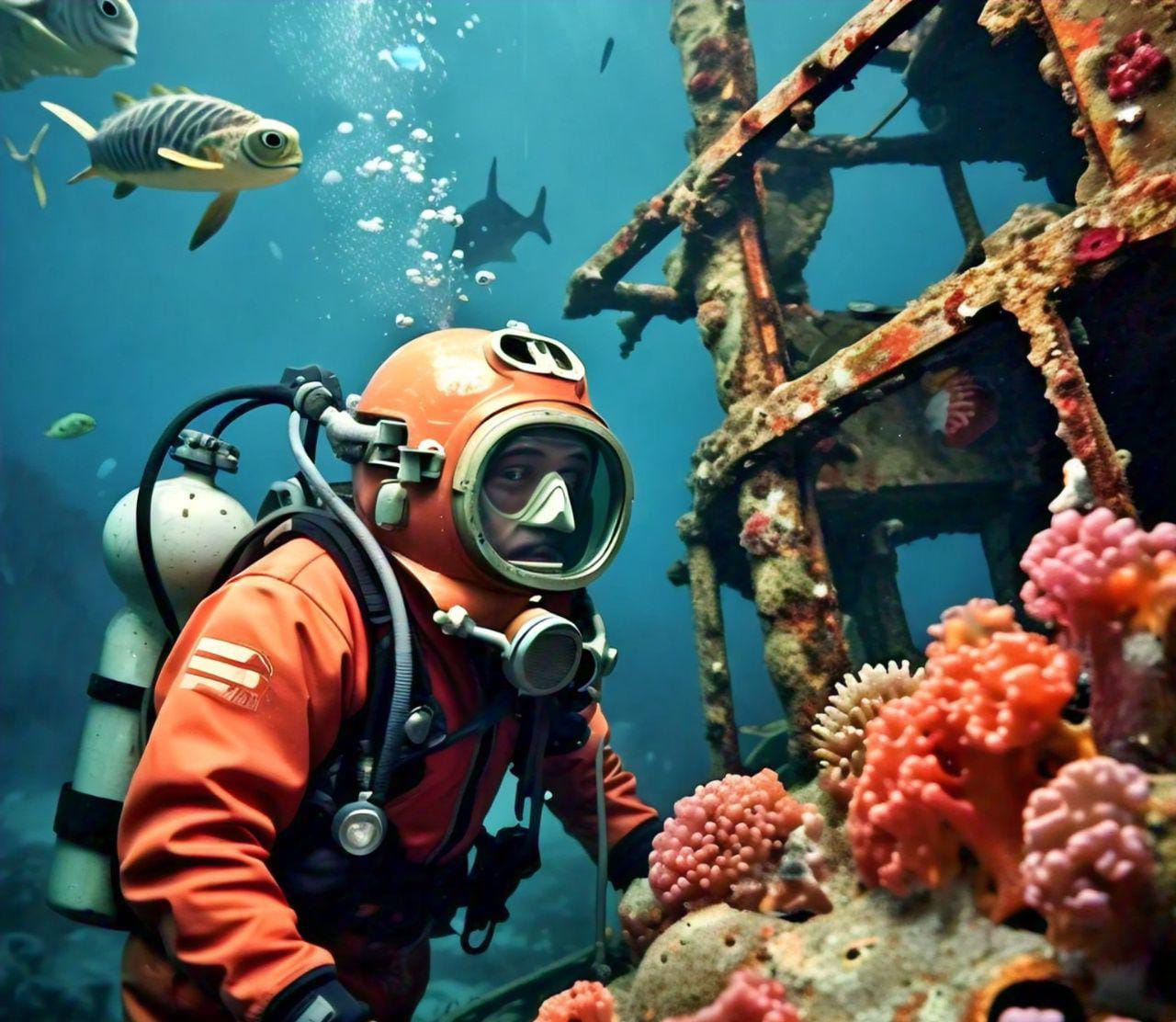Unveiling the Secrets of the Deep: Recent Discoveries in Deep Sea Exploration

The deep sea, a mysterious and largely unexplored realm, holds many secrets beneath its vast, dark waters. Covering more than 70% of our planet’s surface, the oceans are a frontier that continues to captivate scientists and explorers alike. Recent advancements in technology have allowed us to dive deeper and explore further than ever before, leading to some astonishing discoveries. Let's delve into the fascinating world of deep-sea exploration and uncover some of the most remarkable findings. The Remarkable Depths: Exploring New Species One of the most exciting aspects of deep-sea exploration is the discovery of new species. The deep ocean is home to some of the most bizarre and extraordinary creatures on Earth. Here are a few recent discoveries that have intrigued marine biologists: The 'Dumbo' Octopus (Grimpoteuthis): Named for its ear-like fins resembling Disney's Dumbo, this adorable octopus was discovered at depths of over 13,000 feet. Its unique appearance and gentle swimming motions have made it a subject of fascination. The Atlantic Wolffish (Anarhichas lupus): Found in the icy depths of the North Atlantic, this fish has a distinctive set of canine-like teeth. Its unique adaptations allow it to survive in the frigid, high-pressure environment. The Zombie Worm (Osedax): Discovered on whale carcasses on the seafloor, these worms have no mouth or stomach. Instead, they secrete acid to bore into bones and feed on the nutrients within, showcasing an incredible adaptation to their environment. The Lost Cities: Ancient Underwater Ruins The deep sea has also revealed glimpses of ancient civilizations and lost cities, preserved beneath the waves. Some notable discoveries include: The Lost City Hydrothermal Field: Discovered in the mid-Atlantic, this underwater city is formed by towering carbonate structures created by hydrothermal vents. These vents, which emit alkaline fluids, support unique ecosystems and provide clues about the origins of life on Earth. Heracleion and Canopus: Submerged off the coast of Egypt, these ancient cities were lost to rising sea levels and earthquakes. Archaeologists have uncovered statues, coins, and even entire buildings, shedding light on the rich history of the Mediterranean. The Antikythera Mechanism: Found in a shipwreck off the coast of Greece, this ancient device is considered the world's first analog computer. It was used to predict astronomical positions and eclipses, highlighting the advanced knowledge of ancient civilizations. The Silent Giants: Discovering Shipwrecks The ocean floor is a graveyard of shipwrecks, each with its own story to tell. Recent deep-sea explorations have led to the discovery of several historically significant shipwrecks: The USS Johnston: Located at a depth of over 21,000 feet in the Philippine Sea, this World War II destroyer is the deepest shipwreck ever discovered. Its discovery provided valuable insights into the Battle of Leyte Gulf. The Endurance: Sir Ernest Shackleton's ship, lost in the Weddell Sea during his Antarctic expedition, was found nearly a century later. The well-preserved wreck offered a glimpse into one of the most harrowing survival stories in exploration history. The San José: Known as the "Holy Grail of Shipwrecks," this Spanish galleon sank off the coast of Colombia in 1708. Its cargo, rumored to be worth billions, remains largely untouched, sparking debates over ownership and preservation. The Future of Deep-Sea Exploration As technology continues to advance, so too will our ability to explore the deep sea. Autonomous underwater vehicles (AUVs), remotely operated vehicles (ROVs), and advanced sonar systems are revolutionizing our understanding of the ocean's depths. These tools are helping scientists map the seafloor, study marine life, and uncover hidden treasures. The discoveries we’ve made so far are just the tip of the iceberg. The deep sea remains one of the last true frontiers on Earth, holding countless secrets waiting to be uncovered. From new species and ancient ruins to sunken ships and hydrothermal vents, each discovery brings us closer to understanding the vast, mysterious world beneath the waves. Conclusion Deep-sea exploration is a testament to human curiosity and ingenuity. The wonders and mysteries of the deep ocean continue to inspire awe and drive scientific discovery. As we push the boundaries of exploration, we not only uncover the secrets of our planet but also gain a deeper appreciation for the intricate and interconnected systems that sustain life on Earth. Whether it's through the lens of a submarine, the data from an underwater drone, or the careful study of marine specimens, the deep sea remains a captivating and essential area of exploration.